Why quality certification is important in RMC industry
By Edit Team | May 17, 2017 9:12 am SHARE
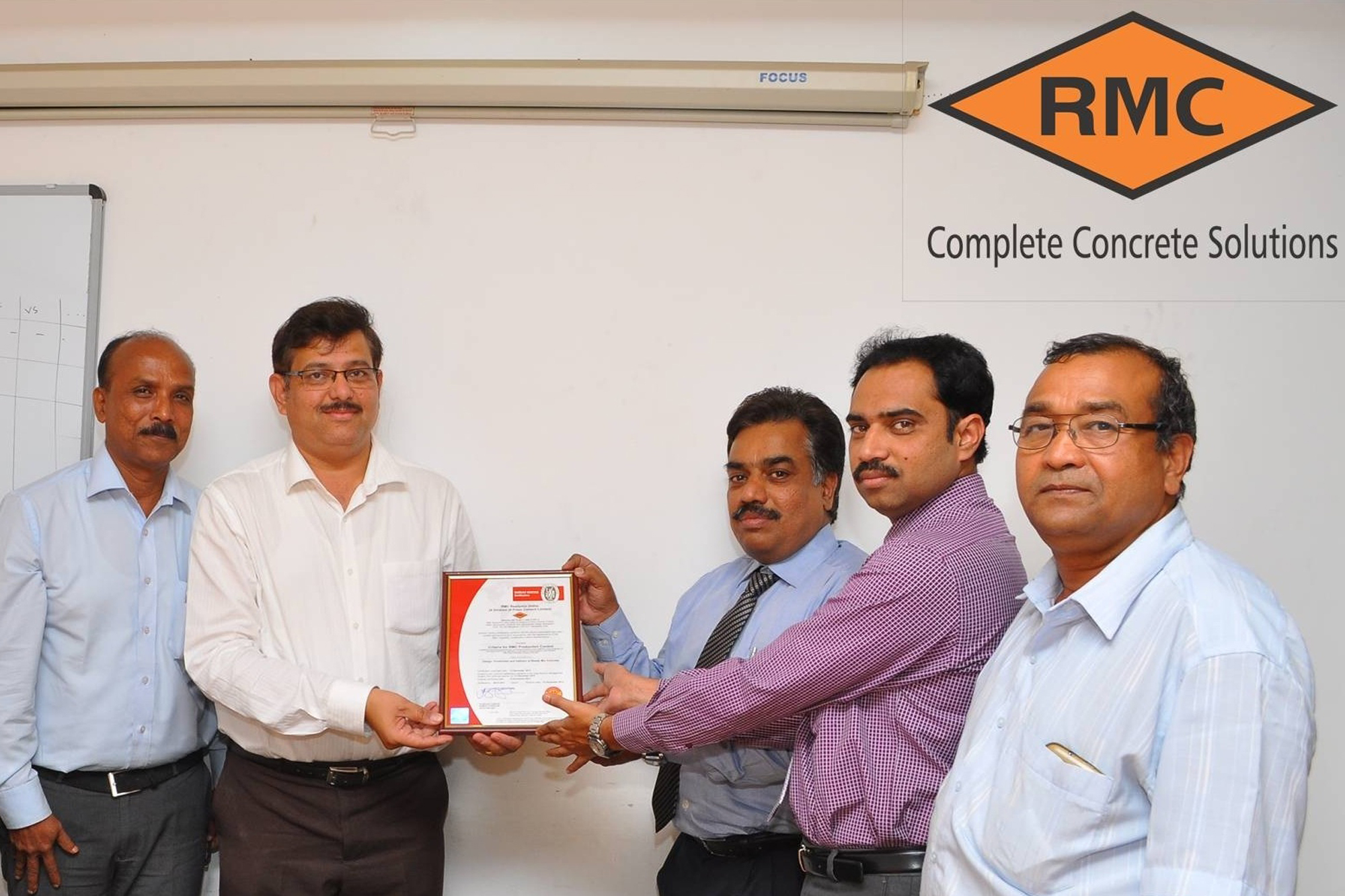
Quality control standards are required to benchmark the ideal requirements of RMC and also to standardise the quality of materials used in the manufacturing process.
The need for certificationWith abundant options available for any product in the market, it has become highly imperative for the customers to be aware of the quality of the options being chosen. Similarly, in the present era of rapid infrastructure development where there are large numbers of RMC (ready-mixed concrete) manufacturers in the country, both pan-India suppliers and local players, it is important to have some quality control standards to benchmark the ideal requirements of RMC and also to standardise the quality of materials used in the manufacturing process. QCI and NABL are two such certifications which, if acquired by the plants and labs give the customers an assurance of quality in operations and processes of business transactions.
RMC Plant Certification Scheme
In May, 2013, the Ready Mixed Concrete Manufacturers’ Association (RMCMA), a Mumbai based non-profit industry organisation and Building Materials & Technology Promotion Council (BMTPC) participated with the Quality Council of India (QCI) to set up a credible and independent third-party voluntary RMC Plant Certification Scheme. RMC plants under this scheme are certified by NABCB accredited certification bodies. Currently, there are two such bodies: Bureau Veritas Certification (India) Pvt Ltd and Tata Projects Ltd (Division TQ Services). This scheme has two options: RMC Capability Certification and RMC 9000+ Capability Certification. It specifies the criteria for requirements of plants and equipment, concrete mix design, testing, quality control of materials, final product, delivery, control and maintenance of equipment etc.
With the advent of this scheme, customers got an assurance that a QCI certified plant is capable of consistently producing concrete of superior quality and if they purchase RMC from such plants, it will meet their requirements.
RMC Readymix (India) claims to be the first Indian company to receive this certification at its Kochi Plant and hasn’t looked back after that. Most of the company’s plants are QCI certified and of these, three have the RMC 9000+ Capability Certification.
NABL Accreditation for Laboratories Another such coveted standard of accreditation is the one from the National Accreditation Board for Testing & Calibration Laboratories. NABL has become an impartial third-party assessor that certifies the technical competence of any laboratory. This accreditation was brought into being with the intention that the test results and data from any NABL accredited lab can be accepted throughout so that there is an elimination of the need of extensive and time taking retesting. The NABL certificate is valid for two years, after which a reassessment is required.
Currently, RMC Readymix (India) has four NABL accredited labs in Bangalore, Mumbai, Gurgaon and Chennai. The certification of Bangalore lab in December, 2012 was the first of its kind for any RMC manufacturer in the country. All four labs have facilities for mechanical testing of concrete and aggregates.
Customers’ ConfidenceWhen a customer buys concrete from a QCI certified manufacturer who also happens to maintain NABL accredited labs, he can be assured of the quality of raw materials used in the concrete as well as a steadfast quality assurance plan coupled with immaculate manufacturing processes. The concrete samples drawn from the supplies may also be tested at the plant’s NABL labs.
Maintaining both NABL accredited labs and QCI certified RMC plants, reflects the company’s resolute focus towards quality of products and customer service.
For more details, visit www. rmcindia.com
Cookie Consent
We use cookies to personalize your experience. By continuing to visit this website you agree to our Terms & Conditions, Privacy Policy and Cookie Policy.



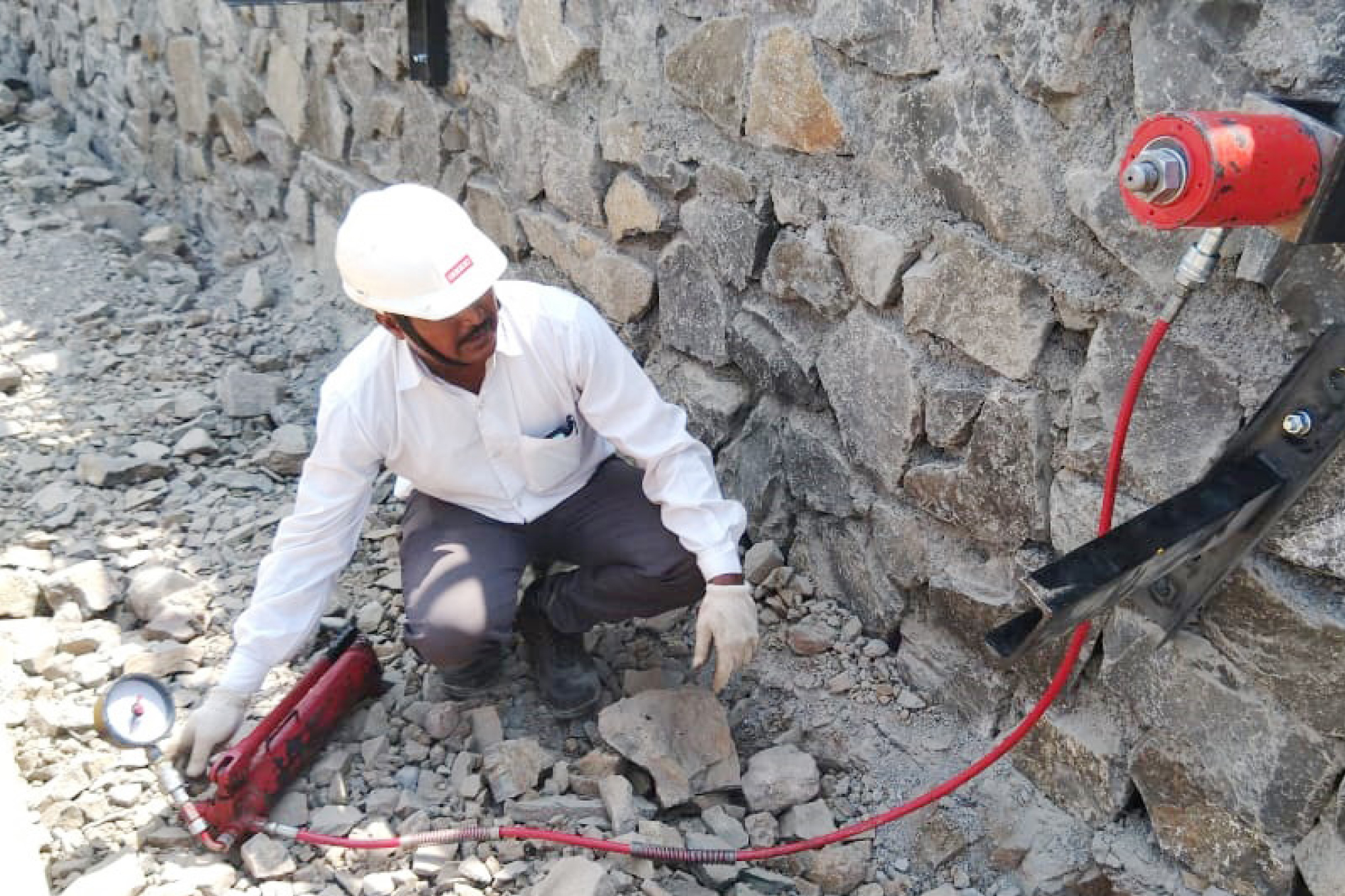

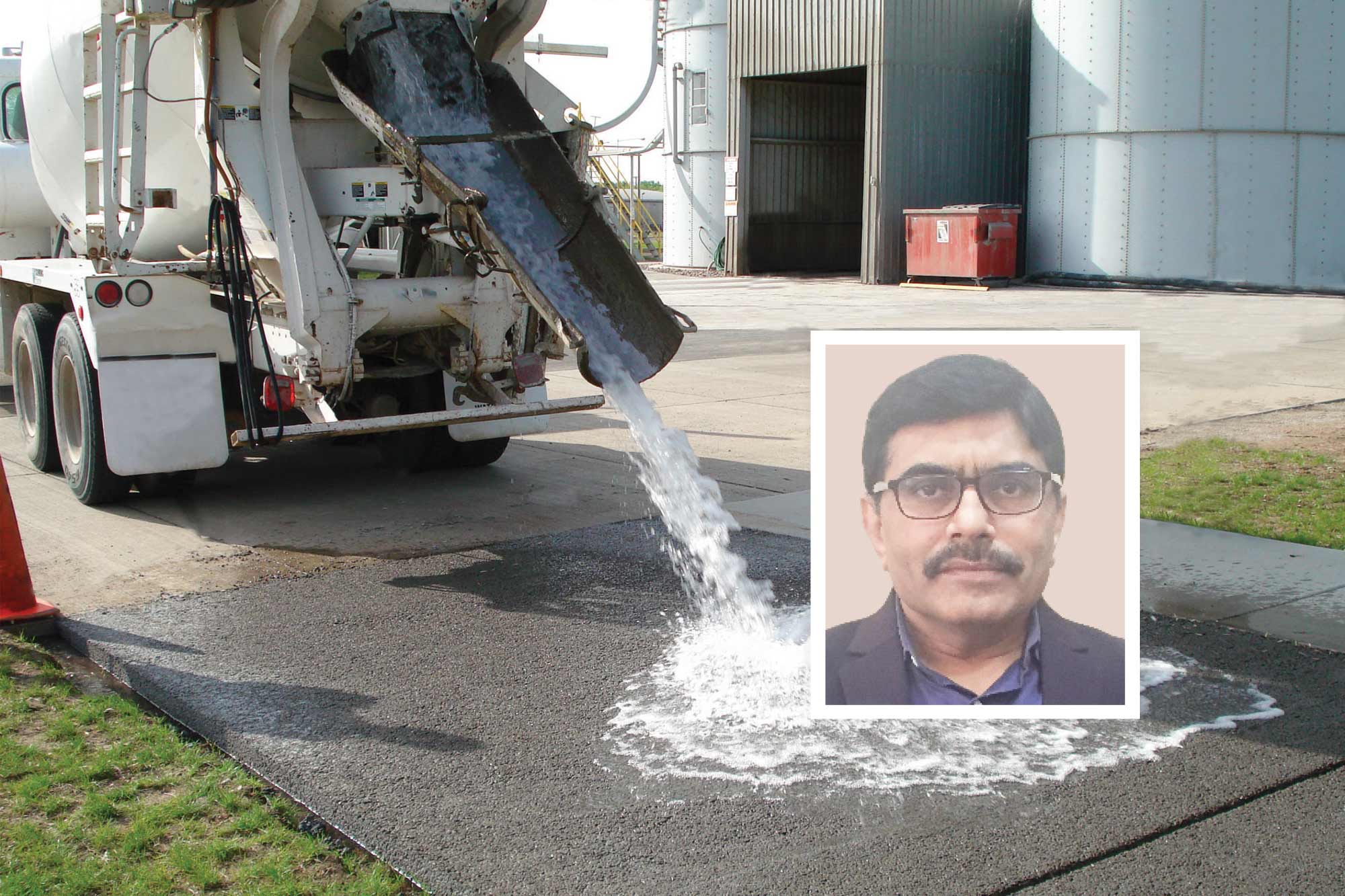
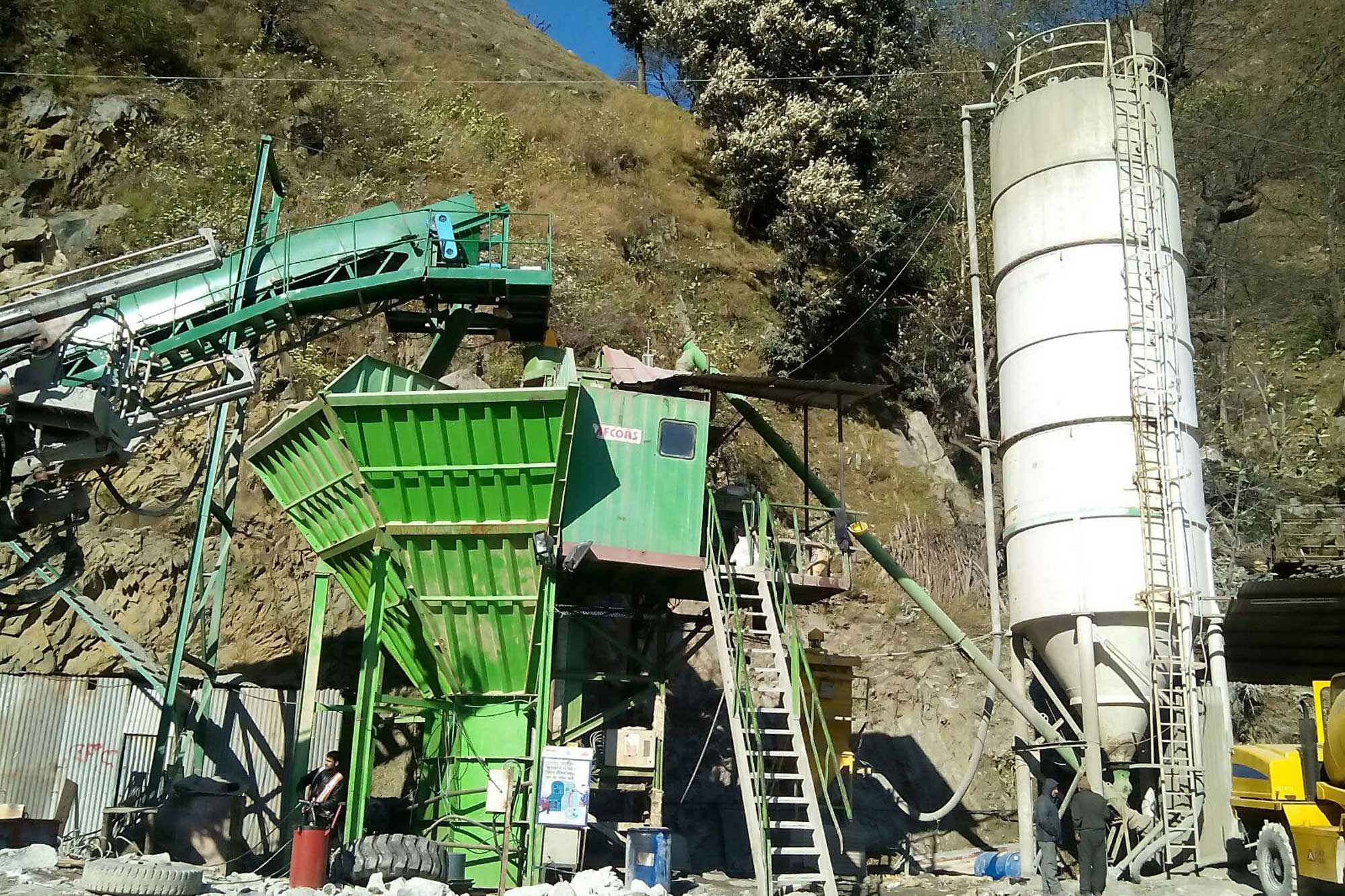

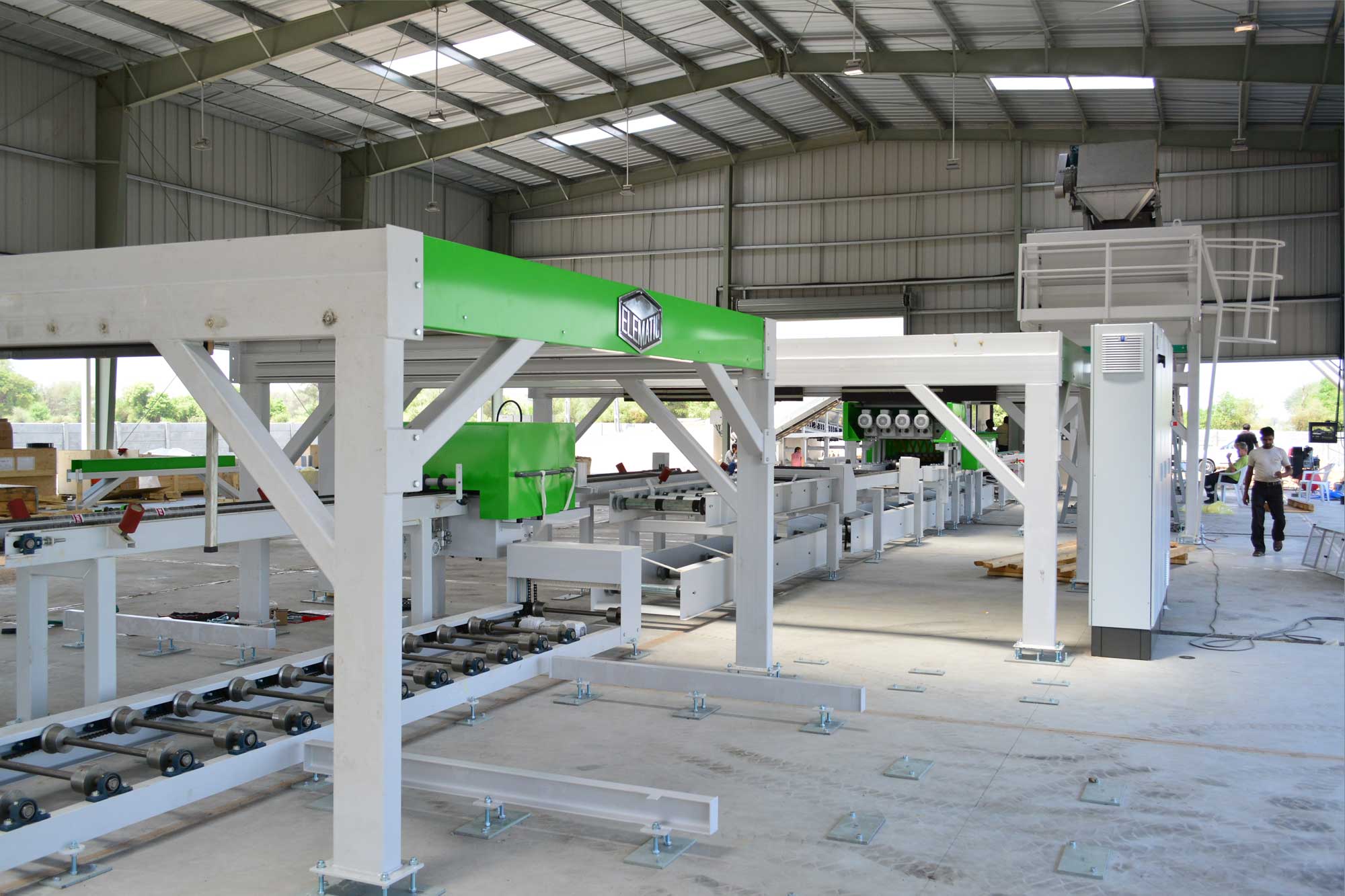




























-20240213125207.png)

























